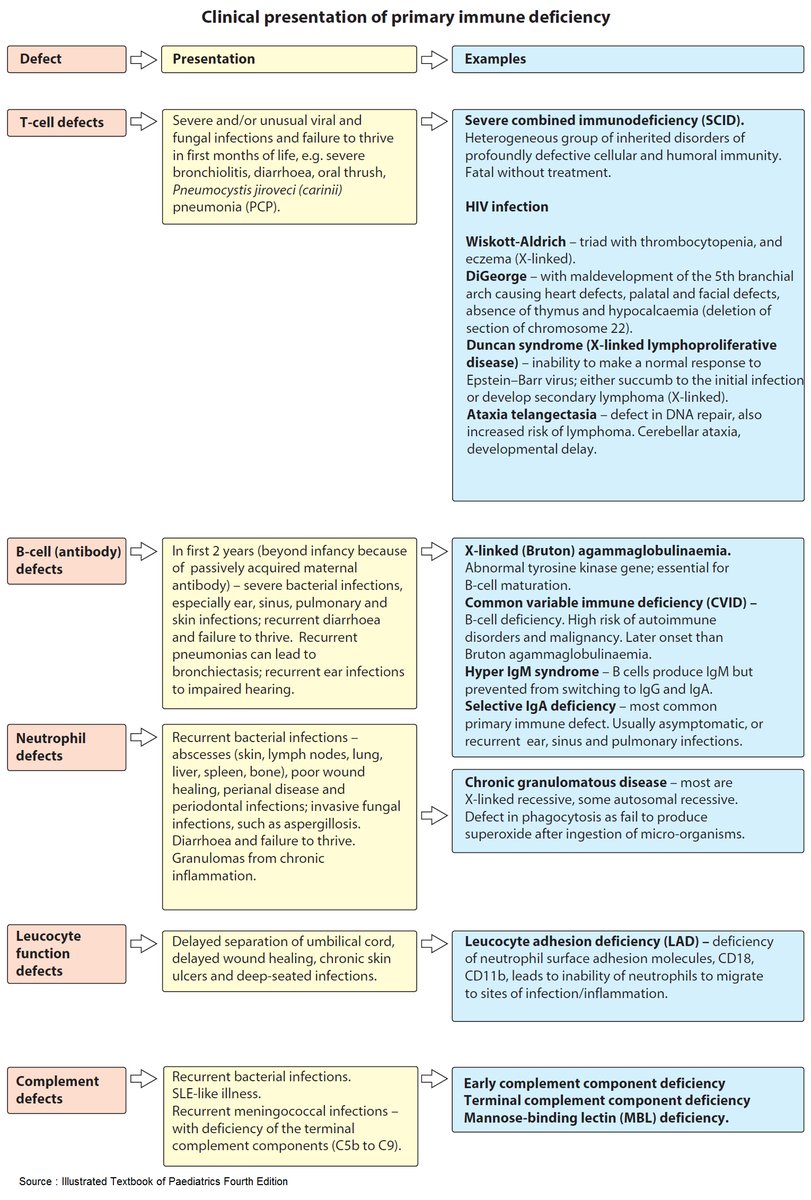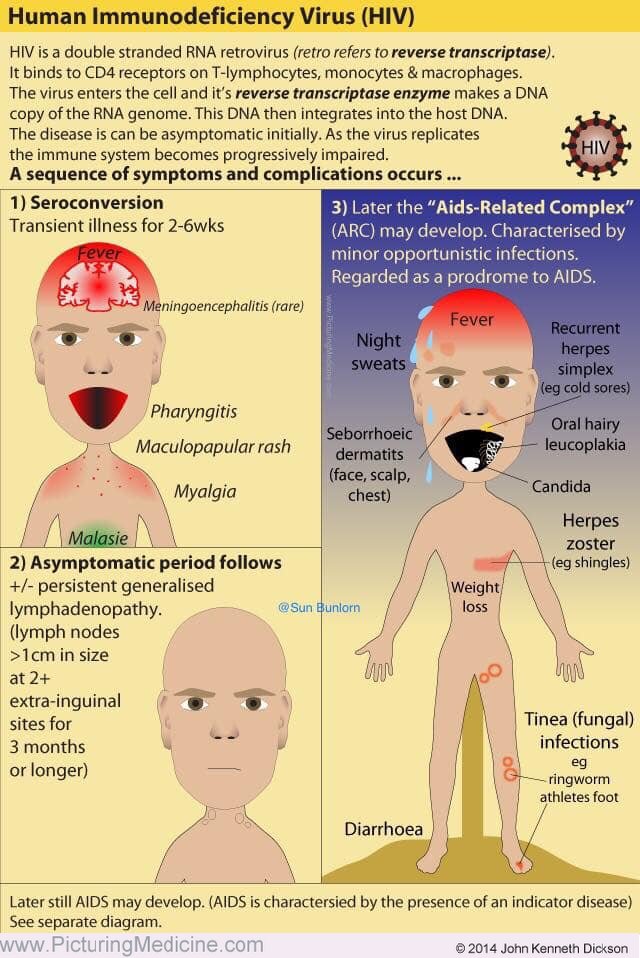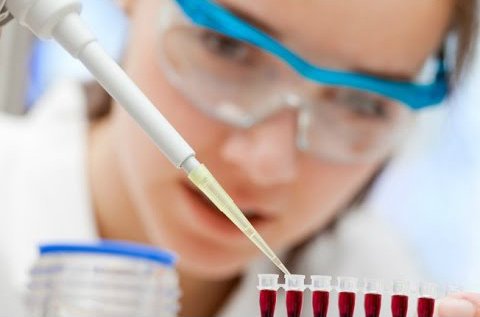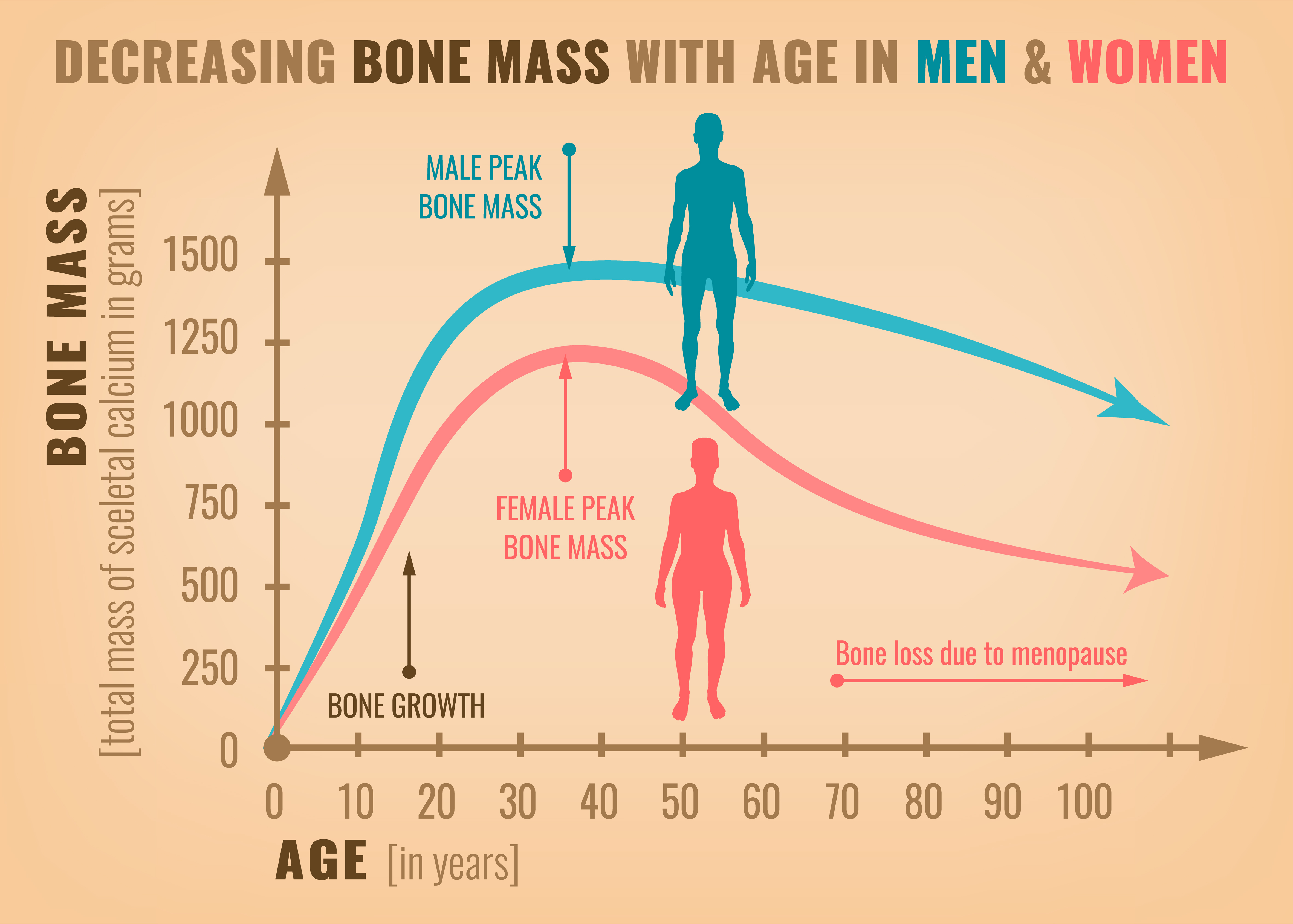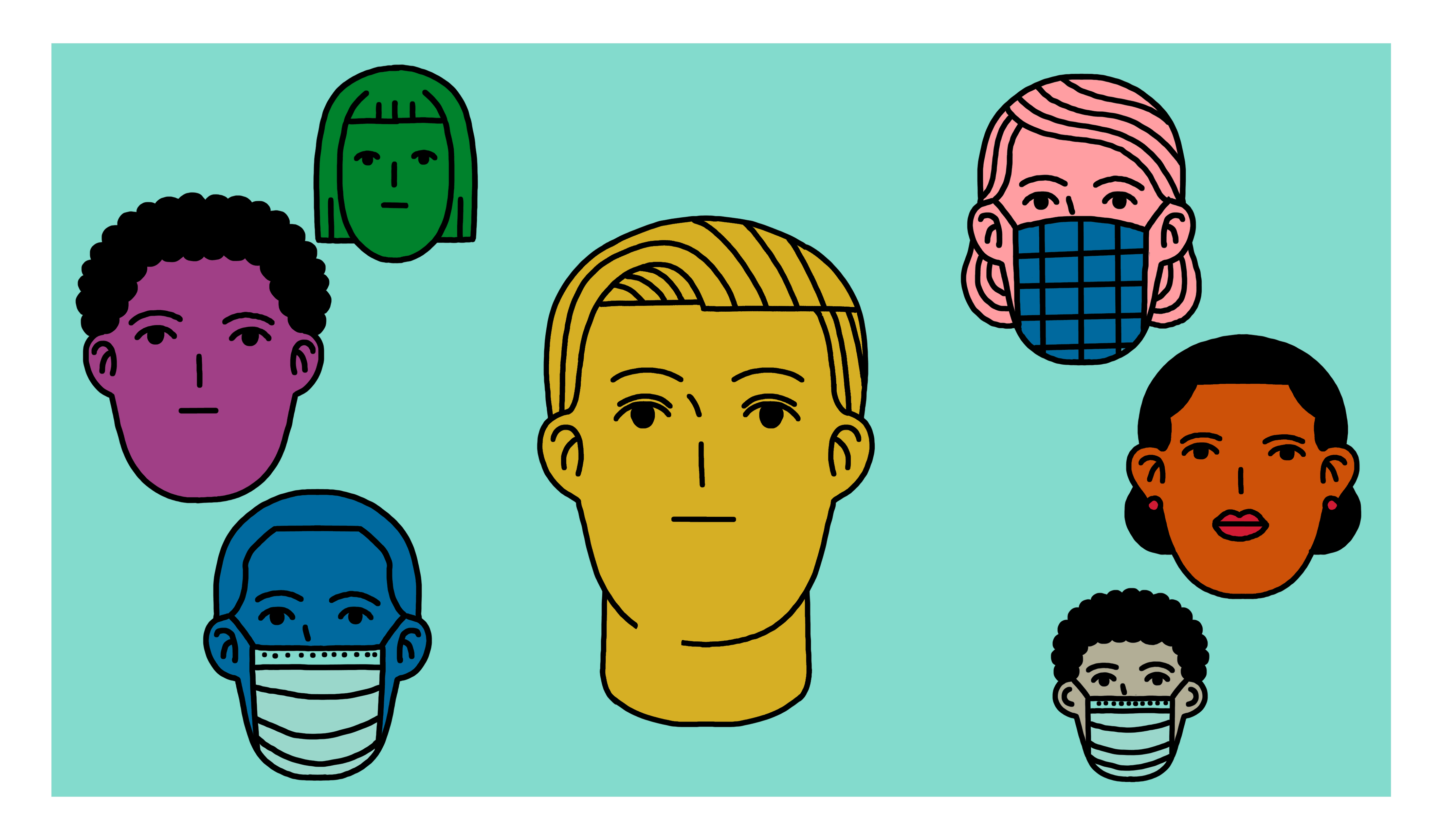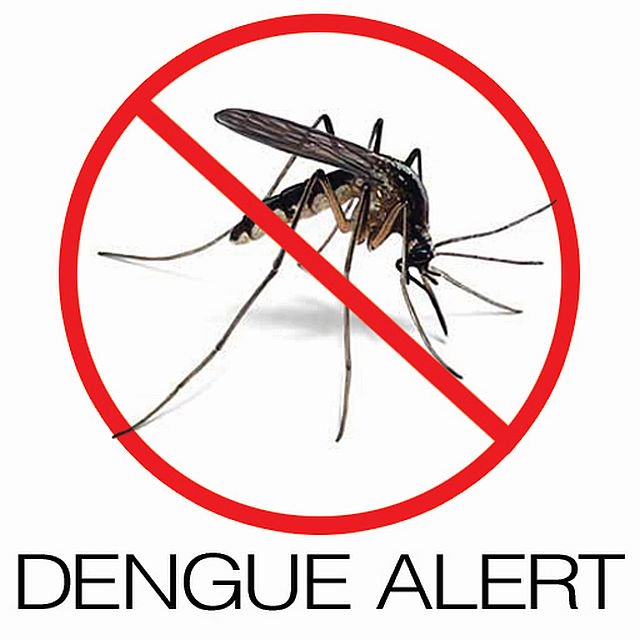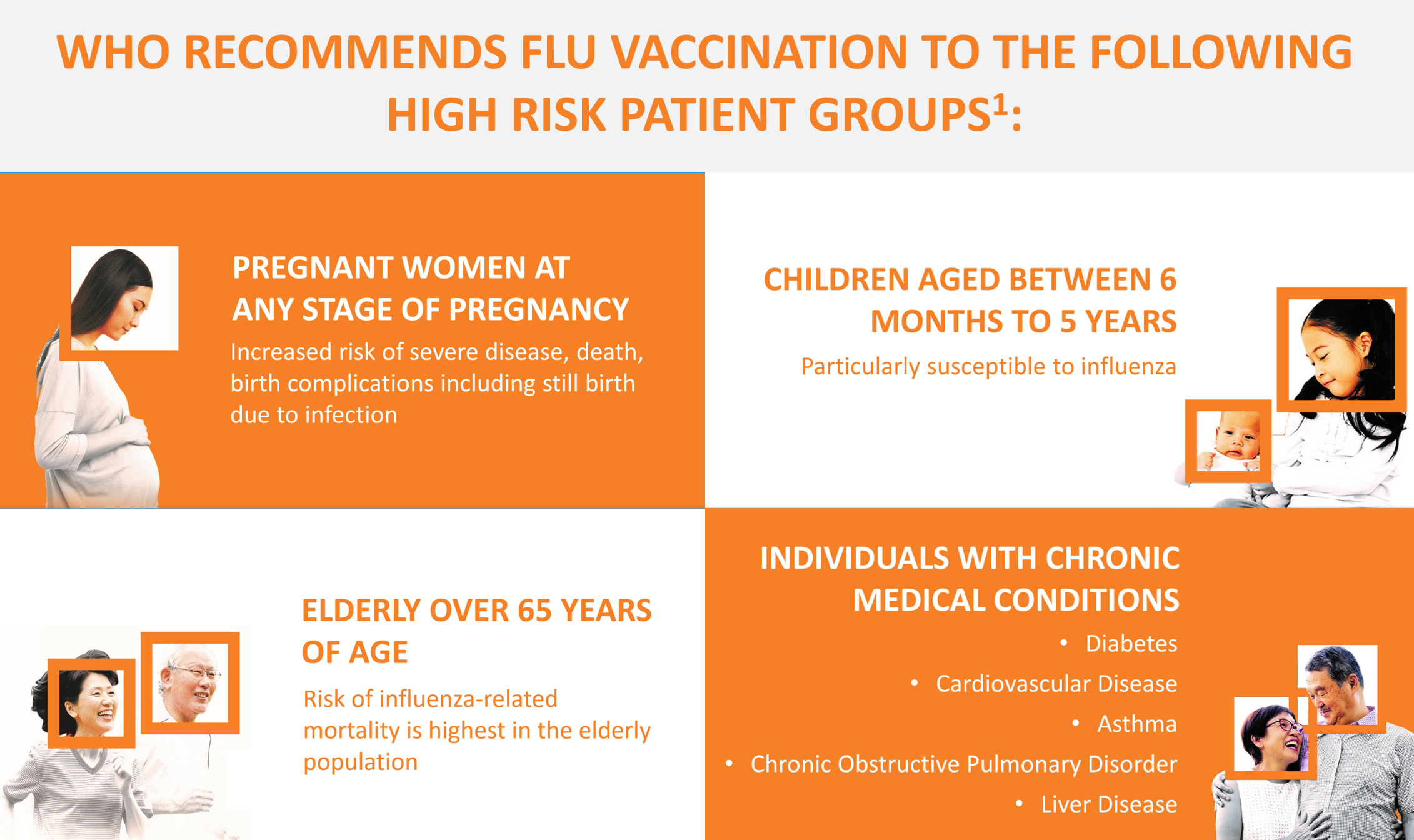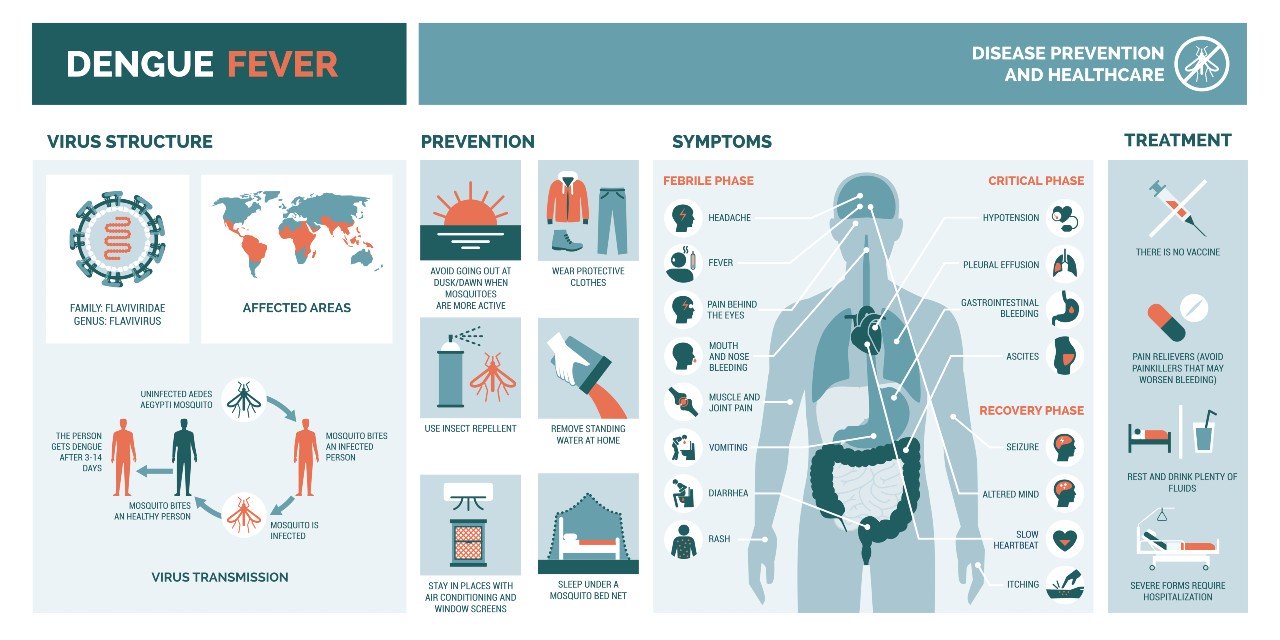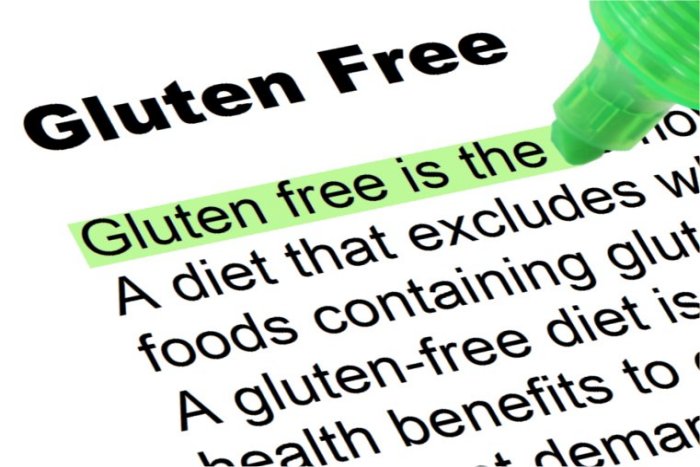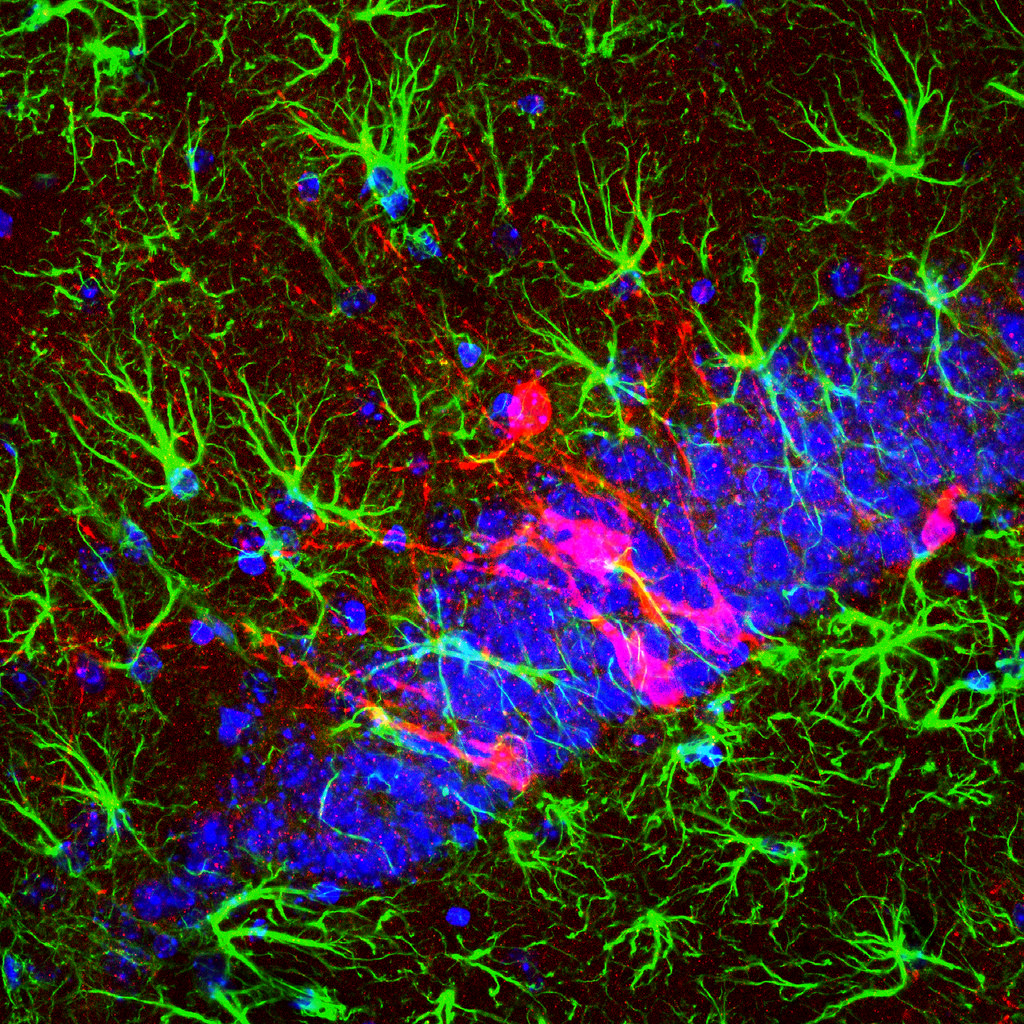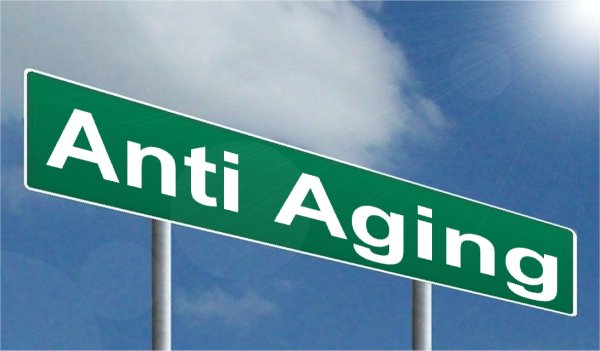Immunodeficiency / Immunocompromised eg HIV AIDS
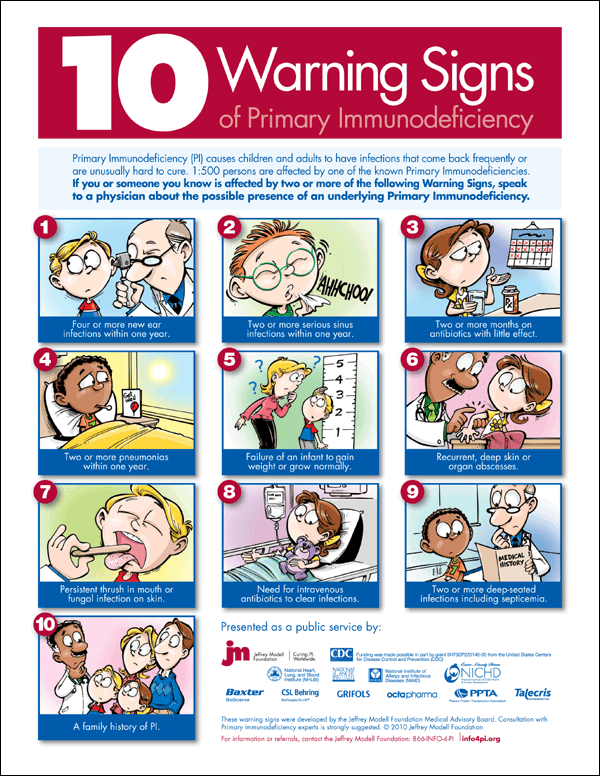
A person who has an immunodeficiency of any kind is said to be immunocompromised. An immunocompromised individual may particularly be vulnerable to opportunistic infections, in addition to normal infections that could affect anyone.
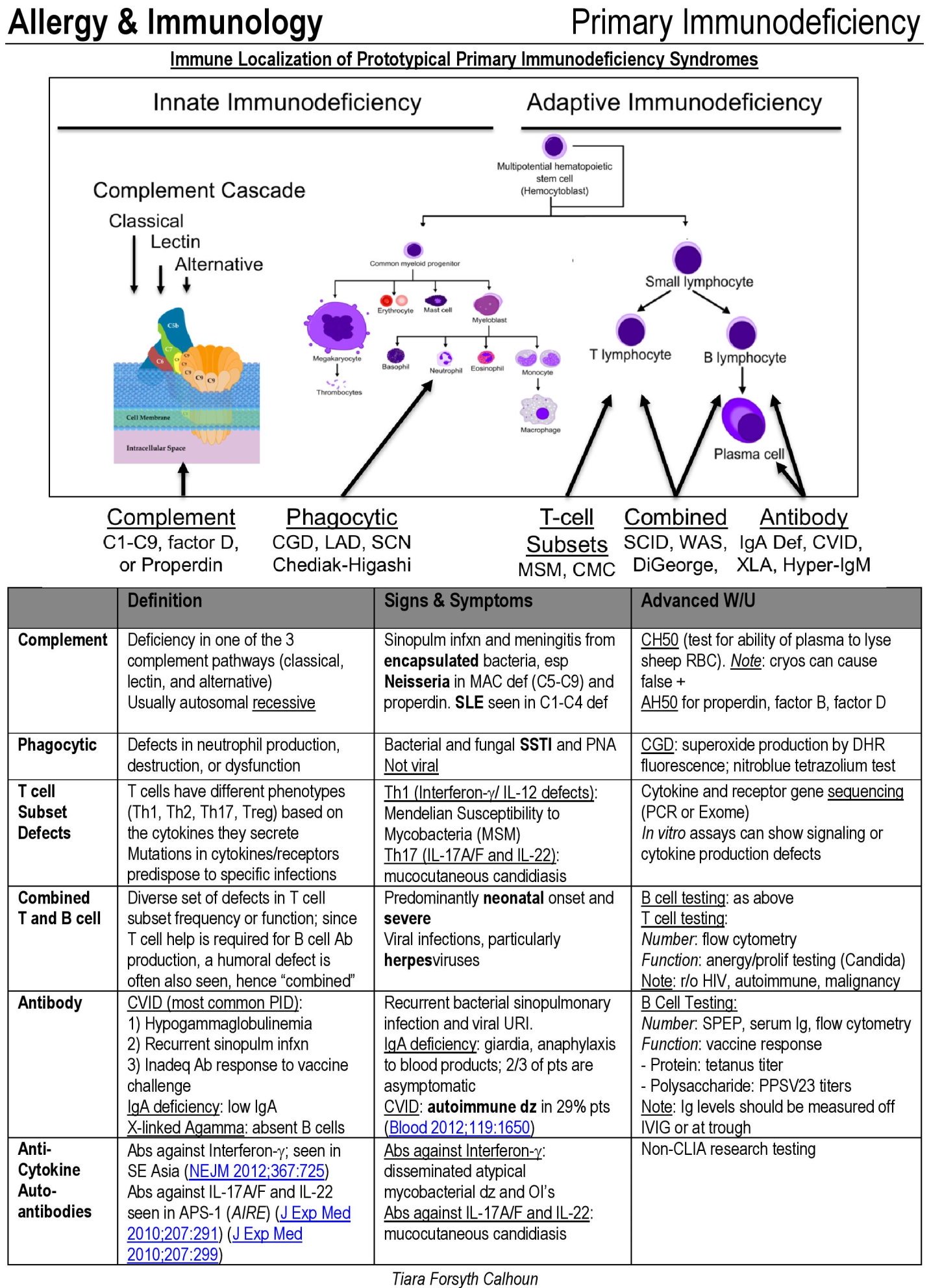
Immunodeficiency disorders disrupt your body’s ability to defend itself against bacteria, viruses, and parasites. Immunodeficiency disorders prevent your body from fighting infections and diseases. This type of disorder makes it easier for you to catch viruses and bacterial infections.
There are two types of immunodeficiency disorders: those you are born with, or congenital (primary), and those that are acquired (secondary), disorders you get later in life. Anything that weakens your immune system can lead to a secondary immunodeficiency disorder. Acquired disorders are more common than congenital disorders.
Common Signs of Primary Immunodeficiency
Symptoms of a Failing Immune System
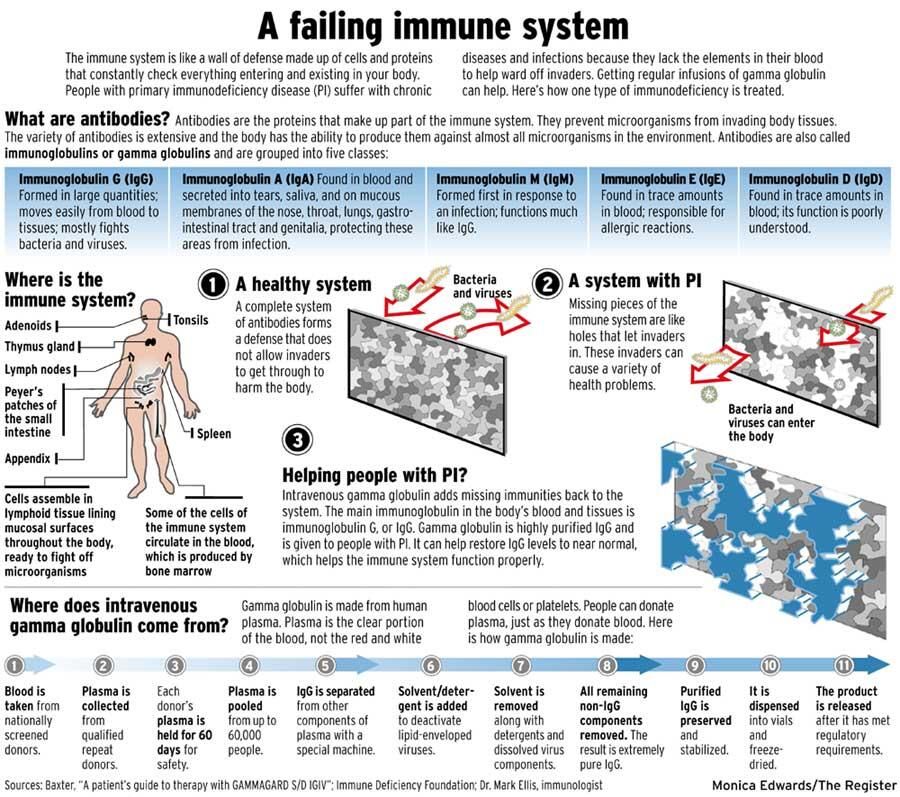
HIV AIDS - Human Immunodeficiency Virus
Health Assessment & Screening Packages
Infectious Diseases - Dengue Fever, Influenza, Hepatitis B, COVID-19
Groups at Higher Risk for Severe Illness in a COVID-19 Infection
Comorbidities & Underlying Health Conditions in COVID-19 Patients with Complications
- Hypertension
- Diabetes mellitus
- Cerebrovascular disease
- Cardiovascular disease
- Chronic lung diseases including COPD
- Chronic Kidney disease
- Asthma
- Dementia
- Chronic Neurological Disorders
- Cancer
- Rheumatological Disorder
- Obesity
- Smoking
- Chronic Hematologic disease / Haemoglobin Blood Disorders
- Liver disease / Hepatitis B Infection
- Malnutrition
- Immunodeficiency / Immunocompromised eg HIV AIDS
- People aged 65 and older
- 高血压
- 糖尿病
- 脑血管疾病
- 心血管疾病
- 慢性肺部疾病
- 慢性肾病
- 哮喘
- 失智
- 慢性神经系统疾病
- 癌症
- 风湿病
- 肥胖
- 抽烟
- 慢性血液系统疾病/血红蛋白血液疾病
- 肝病/乙型肝炎感染
- 营养不良
- 免疫缺陷/免疫功能低下,例如 HIV AIDS
- 65岁及以上的人
(Ref: https://www.nature.com/articles/s41430-020-0642-3.pdf, Dailymail.co.uk, https://pubmed.ncbi.nlm.nih.gov/32320003/, Comorbidity and its impact on 1590 patients with Covid-19 in China: A Nationwide Analysis https://erj.ersjournals.com/content/early/2020/03/17/13993003.00547-2020
Healthy Diets for Optimal Health
|
The information provided in this website is for knowledge purposes only. It does not constitute medical advice.
Should you encounter any medical problem that you are unsure of, always consult your doctor or health care provider for assistance and medical advice.
